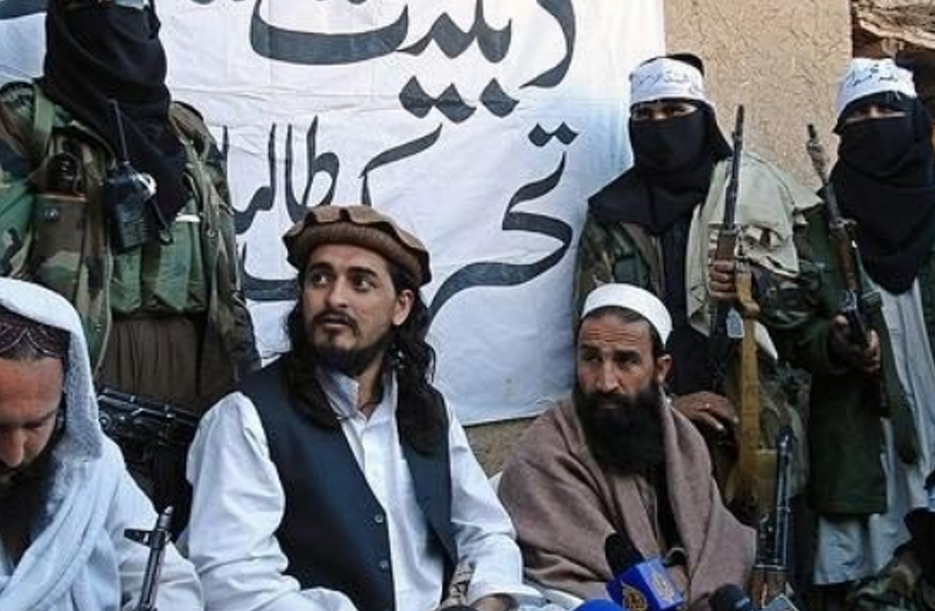
Posted On : Dec 4 2020
Tehrik-e-Taliban Pakistan (TTP)
Tehrik-e-Taliban Pakistan (TTP), also known as the Pakistani Taliban, has emerged as a formidable and complex militant network within Pakistan.

Founded in 2007, the TTP is a conglomeration of various local extremist groups that have aligned under a common umbrella with the aim of challenging the Pakistani state and imposing their interpretation of Sharia law. This article delves into the origins, activities, and implications of the Tehrik-e-Taliban Pakistan.
Origins and Objectives:
TTP traces its origins to a coalition of Pakistani militant groups that united under the leadership of Baitullah Mehsud. The group's initial focus was on resisting Pakistani military operations in the tribal areas along the Afghan border. Over time, the TTP's objectives expanded to include the establishment of an Islamic caliphate in Pakistan and the enforcement of strict Islamic law.
Operational Tactics:
The TTP's operational tactics are characterized by a series of deadly attacks, suicide bombings, and targeted assassinations. Its activities have targeted not only security forces but also civilians, religious minorities, and schools. The TTP's agenda is driven by a mix of extremist ideology, tribal dynamics, and grievances against the Pakistani state.
Challenges to State Security:
TTP's activities have posed significant challenges to Pakistan's internal security and stability. The group's attacks have inflicted loss of life and property, creating an environment of fear and uncertainty. Moreover, its ability to operate from the remote tribal areas along the Afghan border has made counterterrorism efforts complex and demanding.
Role of International Relations:
The TTP's activities have raised concerns beyond Pakistan's borders. The group's connections to other militant networks and its cross-border movements have regional implications. Its involvement in attacks on Afghan and international forces has strained relations between Pakistan and Afghanistan and contributed to tensions in the broader South Asian region.
Efforts to Counter the TTP:
Pakistan has undertaken various military operations to counter the TTP's influence. These operations have targeted TTP strongholds in the tribal areas, disrupting the group's infrastructure and leadership. However, the TTP's adaptability and ability to regroup have presented ongoing challenges.
Negotiations and Peace Initiatives:
The Pakistani government has also explored negotiations and peace initiatives as a means to address the TTP challenge. However, these efforts have been met with mixed success, as divisions within the TTP and the group's evolving leadership have complicated the process.
Conclusion:
Tehrik-e-Taliban Pakistan's presence remains a significant security concern for Pakistan and the broader region. The group's ideological motivations, operational tactics, and cross-border activities pose complex challenges that require multifaceted solutions. Effective counterterrorism strategies must address not only the immediate security threats but also the socio-economic, ideological, and political factors that fuel the TTP's existence. As Pakistan strives for stability and security, a comprehensive approach that encompasses law enforcement, intelligence, diplomacy, and community engagement will be essential in countering the TTP's influence and ensuring lasting peace.
No Comments Added




















